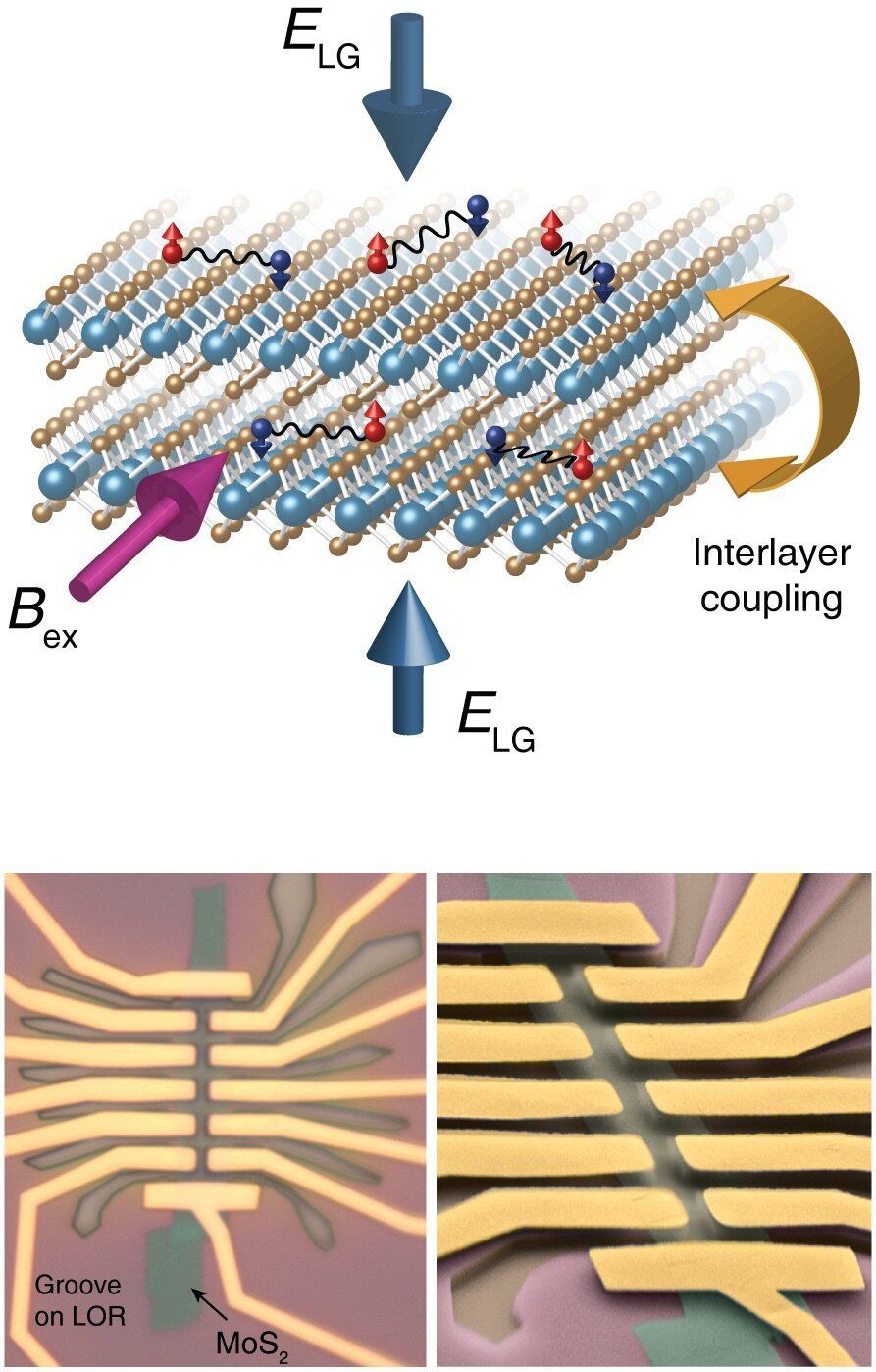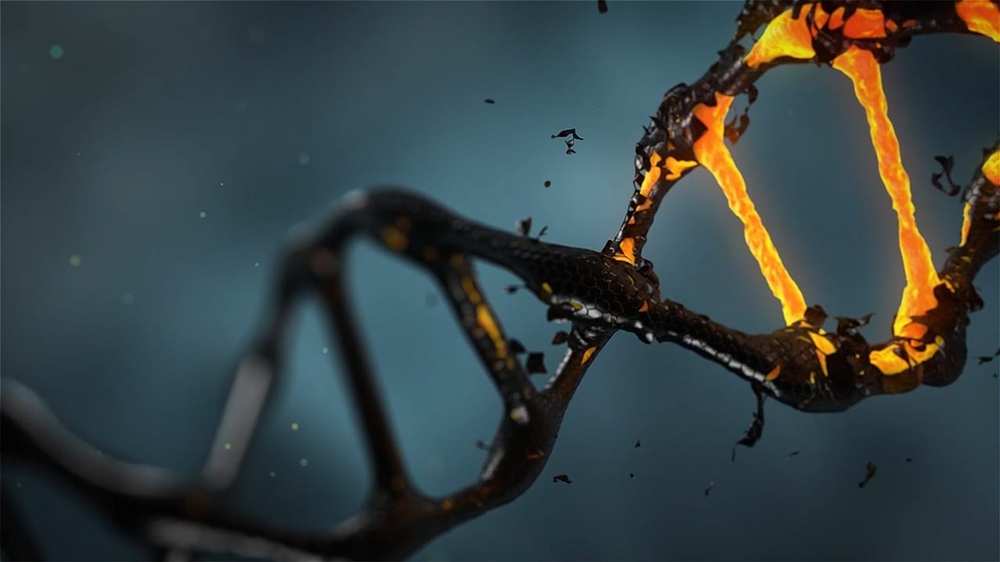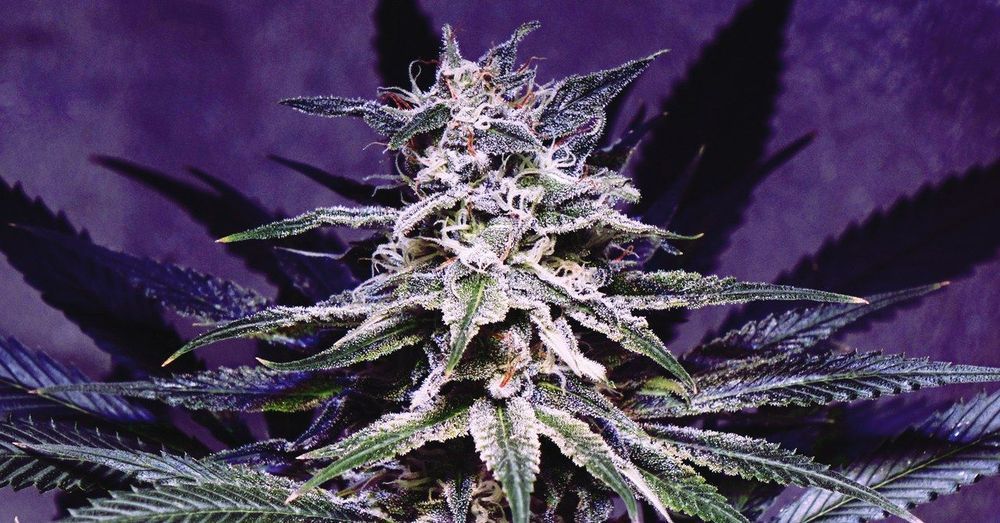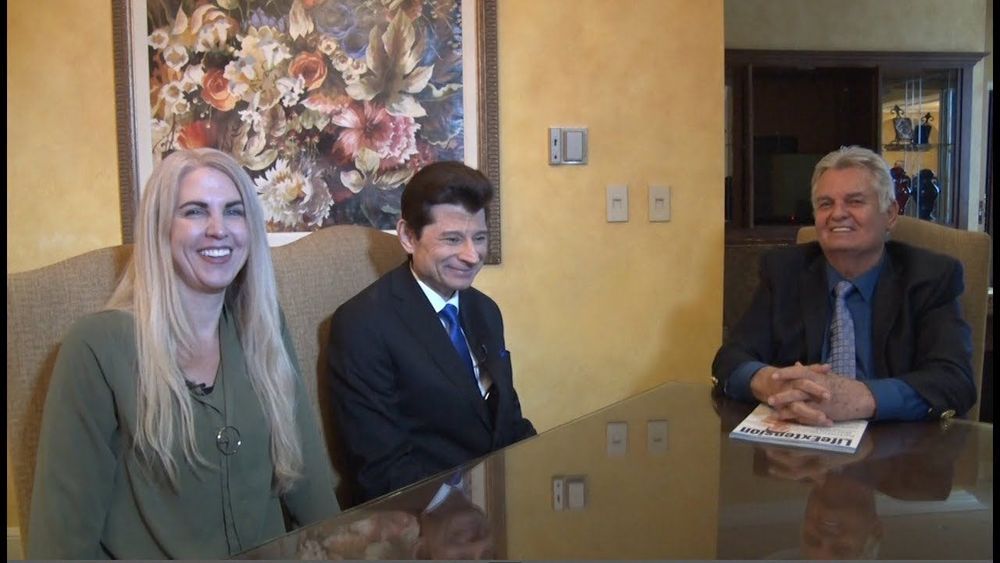In superconducting materials, an electric current will flow without any resistance. There are quite a few practical applications of this phenomenon; however, many fundamental questions remain as yet unanswered. Associate Professor Justin Ye, head of the Device Physics of Complex Materials group at the University of Groningen, studied superconductivity in a double layer of molybdenum disulfide and discovered new superconducting states. The results were published in the journal Nature Nanotechnology on 4 November.
Superconductivity has been shown in monolayer crystals of, for example, molybdenum disulphide or tungsten disulfide that have a thickness of just three atoms. “In both monolayers, there is a special type of superconductivity in which an internal magnetic field protects the superconducting state from external magnetic fields,” Ye explains. Normal superconductivity disappears when a large external magnetic field is applied, but this Ising superconductivity is strongly protected. Even in the strongest static magnetic field in Europe, which has a strength of 37 Tesla, the superconductivity in tungsten disulfide does not show any change. However, although it is great to have such strong protection, the next challenge is to find a way to control this protective effect, by applying an electric field.









